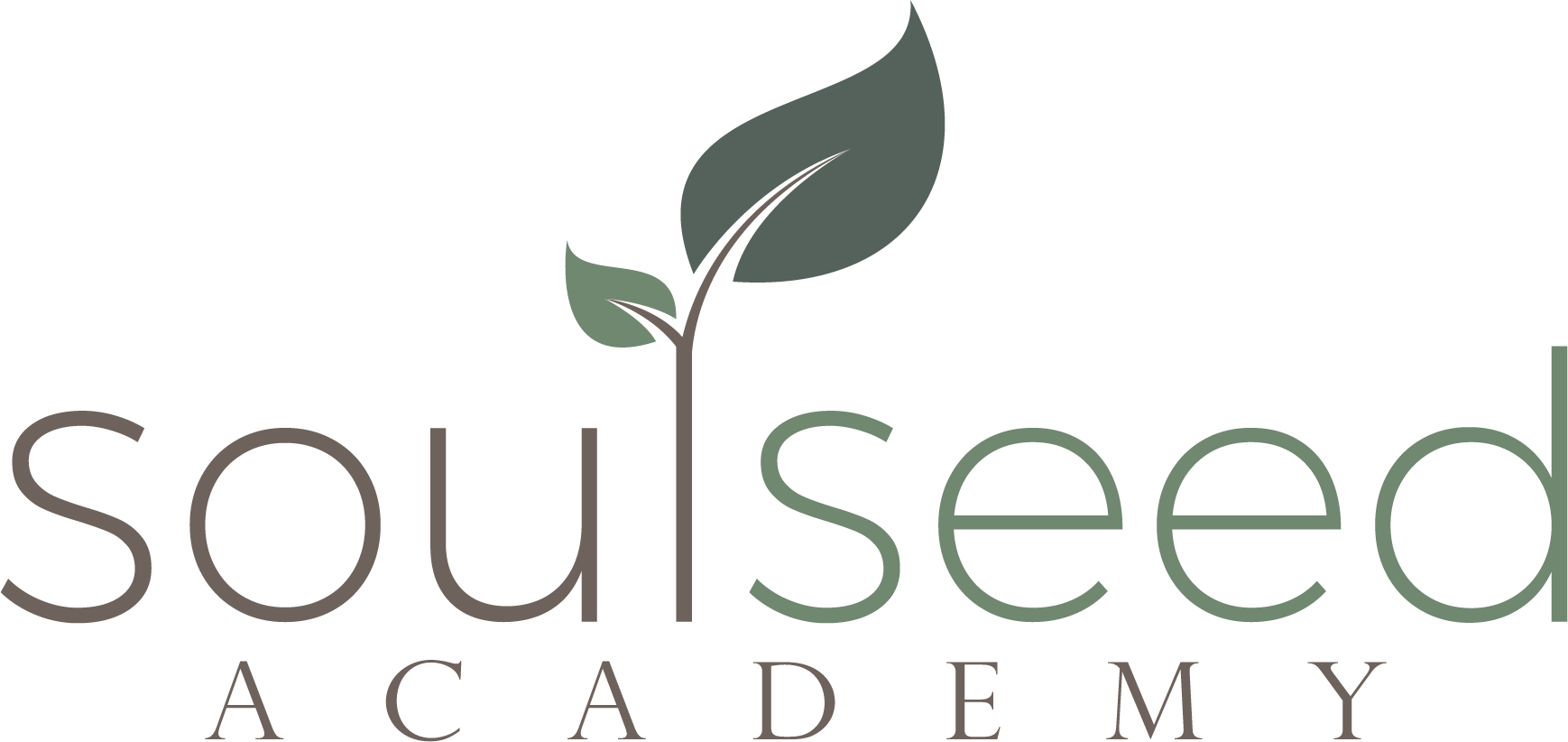
Every business coach needs to be training you on how to correctly host a problem interview. A problem interview is when you invite your ideal clients to actually, physically, have a one-on-one conversation with you. Problem interviews are not casual chats; they’re a strategic tool for uncovering vital information about your target market. In this article, we will go over why problem interviews are essential and how to conduct them effectively.
Problem interviews are crucial for several reasons. First, they are how you test your market hypothesis. They help validate or refute your assumptions about your target market. This is because you are talking face-to-face with a potential client and asking them questions about their experiences. Next problem interviews give you the opportunity to understand the real pain points of your audience. Instead of guessing, problem interviews reveal the actual challenges your customers face. The insights from these interviews shape your messaging and outreach and will help you identify who your direct and indirect competitors are.
Before you set up your problem interviews, you have to know the rules. You must follow the rules if you want to have a successful interview.
Rule 1: Don’t mention your solution. Keep the focus on understanding the customer’s needs.
Rule 2: Ask open-ended questions. Encourage detailed responses that reveal insights. The more open your question is the more information the client will willingly give you.
Rule 3: Document everything: Take thorough, detailed notes on the conversation. Everything is important. If they give you permission to record the interview even better.
Rule 4: Evaluate results: Reflect on the insights gathered to refine your marketing approach. The time you spend on these interviews is wasted if you don’t take the time to implement what you leaned into your business.
Rule 5: Always follow up and invite: Seek further clarification and invite additional discussion. These are your potential clients. It is important to maintain a relationship with them.
Now we are going to talk about how to conduct problem interviews:
Step 1: Identify Customer Profile: Define your ideal customer. Who do you like to work with? If you don’t know, who do you think you’d like to work with? Who do you think would buy your product?
Step 2: Plan out the questions you want to ask: Prepare a set of questions that uncover pain points and frustrations. Here are some great examples of questions you can ask during a problem interview.
What is the hardest thing about_____?
What is something you spend too much time on?
What is something you spend too much money on?
What helps with ______?
What’s your opinion on______?
Step 3: Invite to Interview: Extend a direct invitation to potential interviewees, expressing genuine interest in their insights. Here is an example of an invitation.
“Hello! My name is ___. I am starting a business. Based on what I know about you, (…….), you’d have really valuable insight for me. I would love to meet with you some time this week. What day/time would work best for you?”
In conclusion, problem interviews are crucial for understanding your market and refining your business strategy. By conducting them effectively, you’ll gather the insights needed to build sustainably because your business is based on actual evidence instead of your assumptions. We teach and practice problem interviews in our cohort. If you’d like support with these types of interviews, you may want to check out our next retreat1 To see the upcoming dates use this link: https://forms.soulseedacademy.com/SMM/form/SoulSeedAcademyRetreatRegistration2021/formperma/2TMQKKbc383ejNdjFFX3lYwKWExlp8fjfsW5Pfruiyg





